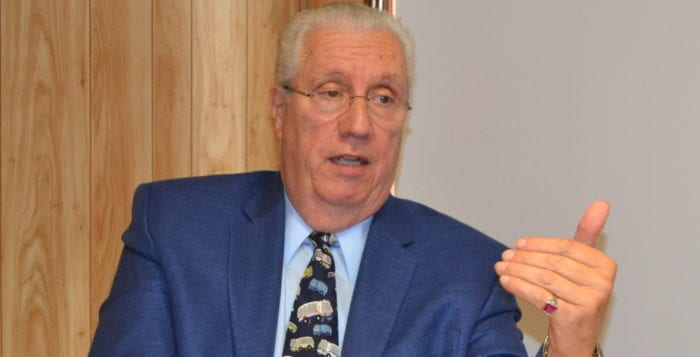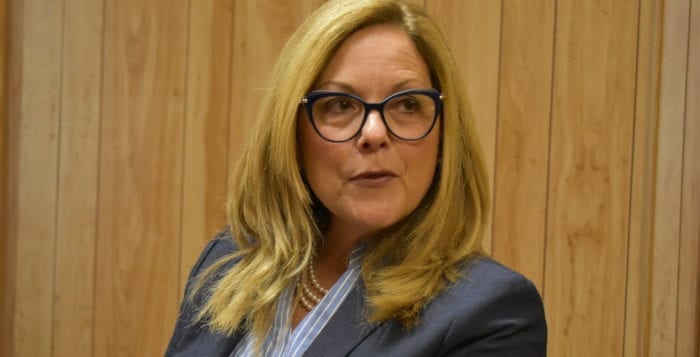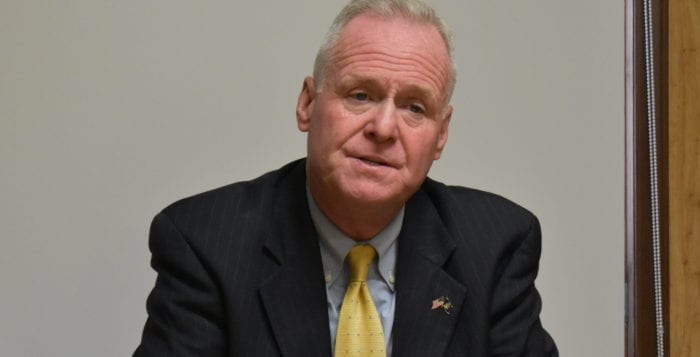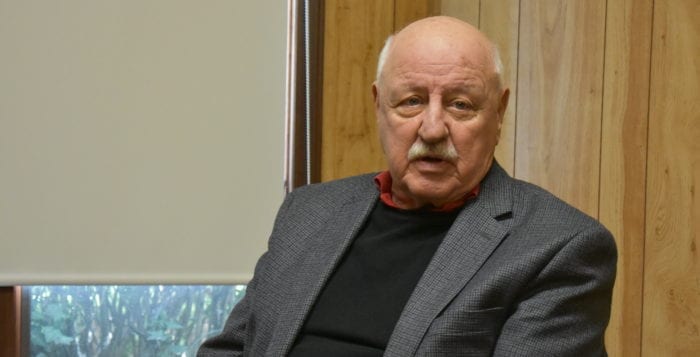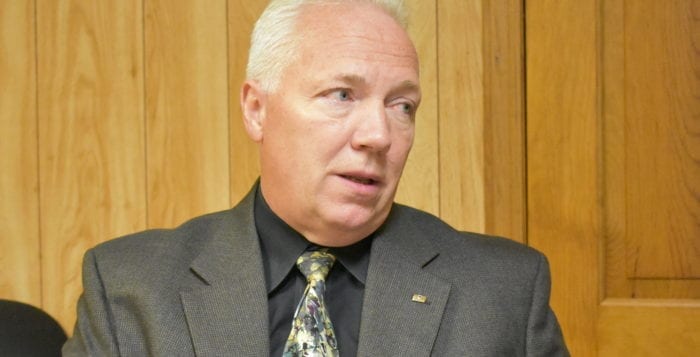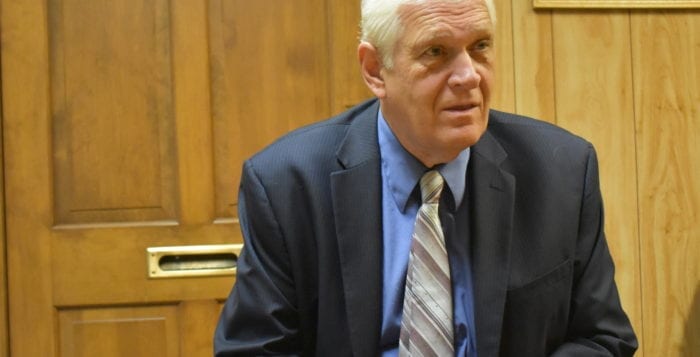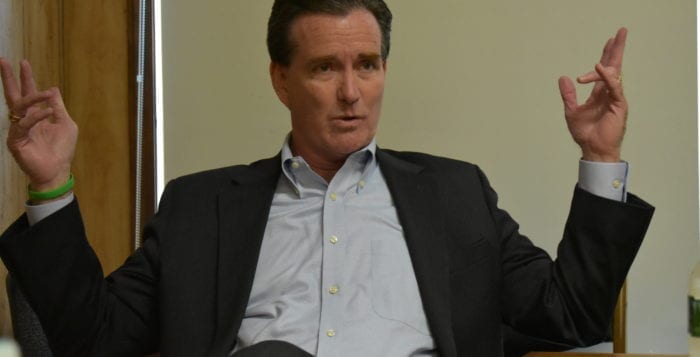As I sit here, writing my column on election eve, I can feel — or imagine I can feel — the nervousness of a nation on the threshold of the unknown. More than perhaps any other midterm election, this one has come to epitomize the turbulent and contradictory forces pulsating within America today. One thing is certain, however. The day after the election, we will still be living with those same forces: racism, income inequality, foreign affairs and the role today of the Constitution written more than two centuries ago.
Seemingly just in time, although he explains that he started the book two years before President Trump was elected, Joseph J. Ellis has written about these same subjects by sharing the conflicting viewpoints of a quartet of our most admired Founding Fathers. Remarkably they concern these same issues, and hence Ellis states in “American Dialogue: The Founders and Us” that he is writing about “ongoing conversations between past and present.” He even labels chapters “then” and “now” lest the specific themes of his dialogues and how they relate to today are not clear. Our Founding Fathers not only argued among themselves, they argue across more than 240 years, speaking to us in the present — and in a way reassuring us that the dialoguing is not ruinous but rather an asset of our democracy.
So much for our current concern about a divided country.
The four founders are Thomas Jefferson, John Adams, George Washington and James Madison. Ellis describes Jefferson’s contemptible views on race as he grew older, insisting as he did that the two races could not live together and that blacks could never be equal to whites. This after a younger Jefferson wrote that “all men were created equal,” and denounced slavery. But as we know, he benefited from many slaves at Monticello in Virginia and sired multiple children with his slave, Sally Hemings. Certainly he struggled with the whole issue of race but did little to try to ameliorate the problem. He might have banned the spread of slavery to the Louisiana Purchase that he so brilliantly acquired in 1803, or sold some of it to compensate slave owners for freeing their slaves or even have provided a safe haven for freed slaves to live there. He did none of that.
In their final 14 years through 1826, Jefferson and Adams exchanged letters regularly, arguing not only for their time but consciously for future Americans to be able to read their deliberations. Jefferson held a romantic notion that economic and social equality — not between the races, however — would come to be the natural order of American life. Adams realistically insisted that “as long as property exists, it will accumulate in individuals and families … the snowball will grow as it rolls.” Adams believed that government had a role in preventing the accumulation of wealth and power by American oligarchs. The Gilded Age of the late 1800s proved Adams right, as the unbridled freedom to pursue wealth essentially ensured the triumph of inequality. So has our own age. We have an endemic, widening gulf. What should be the role of government at this juncture in our democracy?
Madison — who orchestrated the 1787 Constitutional Convention in Philadelphia and the ratification, wrote many of The Federalist Papers and drafted the Bill of Rights — changed dramatically from a staunchly held belief in federal supremacy to one in which states and the federal government shared sovereignty, thus allowing future residents to interpret the Constitution according to a changing world.
Washington famously warned against foreign adventuring in countries of little threat to the United States. It was almost as if he could see Afghanistan and Iraq over the horizon.
Ellis, a Pulitzer Prize-winning author of several books about our early history, believes that history helps us understand the present. We can see the same arguments going back and forth that somehow sound an optimistic chord.
And what does he see as the ultimate fix? A great crisis would certainly unite us, he suggests, perhaps even that of evacuation of the coasts with rising seas. He also thinks mandatory national service would help, not necessarily from the military aspect but toward some form of public good.

